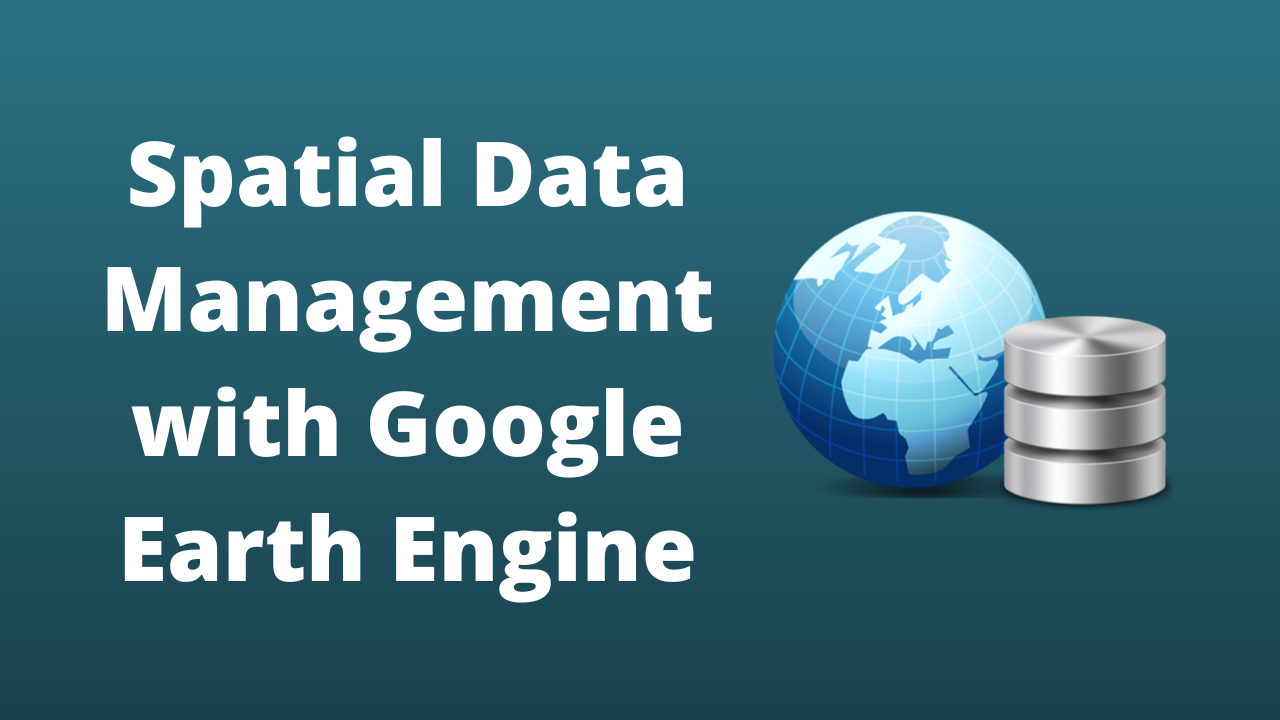
Qiusheng Wu
Dr. Qiusheng Wu is a Senior Research Fellow at the United Nations University, Institute for Water Environment and Health. As Environmental Change Data Visualization and Training Lead at UNU-INWEH, he is leading a new research and training initiative on topics such as environmental change, surface water dynamics, and geospatial data visualization. Dr. Wu is an Associate Professor in the Department of Geography & Sustainability at the University of Tennessee, Knoxville. In addition, he holds positions as an Amazon Visiting Academic. Specializing in geospatial data science and open-source software development, Dr. Wu is particularly focused on leveraging big geospatial data and cloud computing to study environmental changes, with an emphasis on surface water and wetland inundation dynamics. He is the creator of several open-source packages designed for advanced geospatial analysis and visualization, including geemap, leafmap, and segment-geospatial. For a closer look at his open-source contributions, please visit his GitHub repositories at opengeos.

